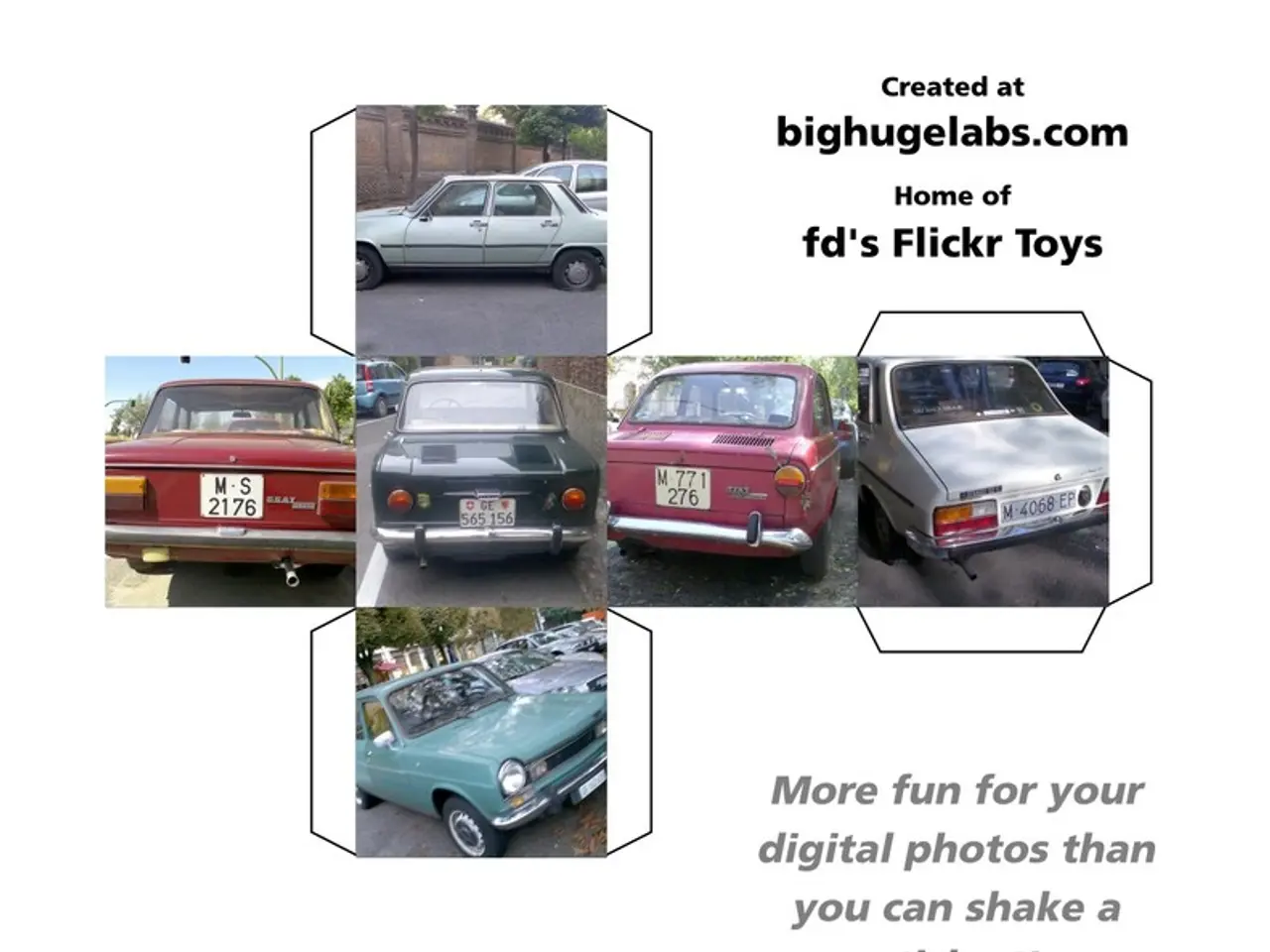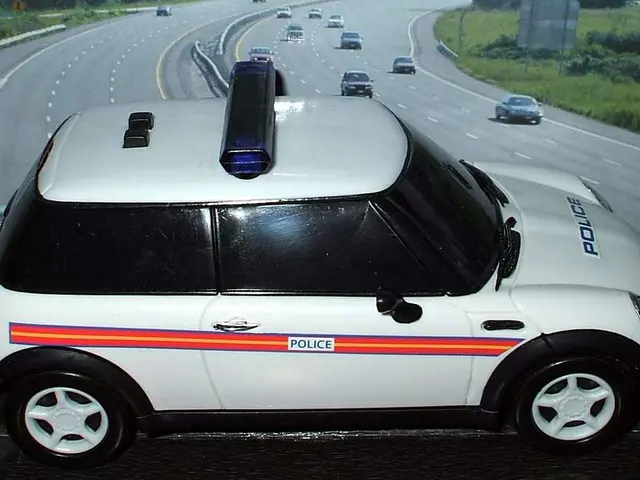Plunging diesel market share by an astonishing 87% over the past decade
Decline of Diesel Cars: Electric Vehicles and Legislation Take the Lead
The automotive industry is witnessing a significant shift, with diesel cars losing their once dominant position in the market. Factors such as changes to Vehicle Excise Duty (road tax) rules, the banning of older diesel models from city centres, and the rise of electric vehicles are contributing to this decline.
In 2015, diesel accounted for nearly half (48 percent) of new car registrations. However, forecasts suggest that diesels will make up just two percent of the market by 2028, a drop of 87 percent since 2015. This decline is evident in the decreasing number of new diesel cars available for purchase. Since 2015, the number of new diesel models has decreased by approximately two thirds (62 percent), from 240 models to 91 in 2025.
German automobile manufacturers are also reducing their new diesel offerings. In 2025, the overall diesel model range shrinks by more than half compared to 2015, with no specific brand leading in new diesel offerings as the diesel segment is declining significantly across the market.
Improvements in hybrid technology are also contributing to the decline of diesel cars. Once the default choice for company cars due to favourable tax breaks, diesels are now being replaced by electric vehicles.
Despite falling demand, diesel-powered cars still retain competitive residual values. Data from Cox Automotive shows they hold onto 51 percent of their value after two-to-four years, a figure not too dissimilar to hybrid cars (53 percent) and petrol models (58 percent). However, new electric cars hold onto only 36 percent of their original value after the same time period.
Paul Barker, editor of Auto Express, stated that diesels have been overtaken by electric vehicles and that the looming 2035 ban on new petrol and diesel sales is a significant factor in their decline. He also stated that while sales are dwindling, strong used values show there is still demand for diesel cars, but the future of diesel is uncertain.
The big question now is whether diesel continues to fade gradually or if legislation will further accelerate its demise. A survey of UK drivers found that 43 percent blame the Dieselgate scandal for damaging their trust in the industry and putting them off buying a diesel car again.
In 2024, diesel-powered cars accounted for six percent of new car registrations. By 2025 and 2026, diesel's market share is expected to account for five percent of registrations. With the industry moving towards electric vehicles and stricter emissions regulations, it seems the decline of diesel cars is a trend that is here to stay.






